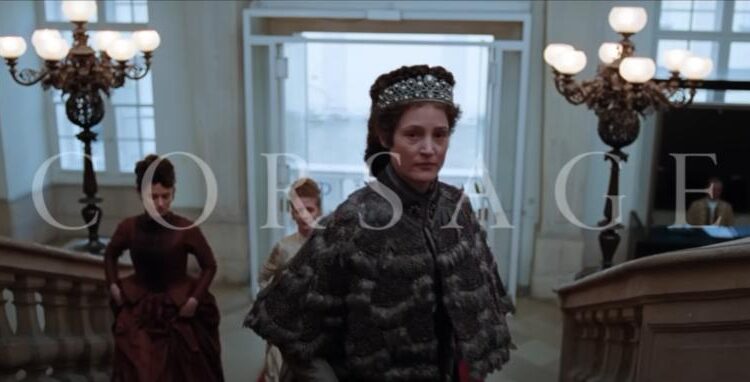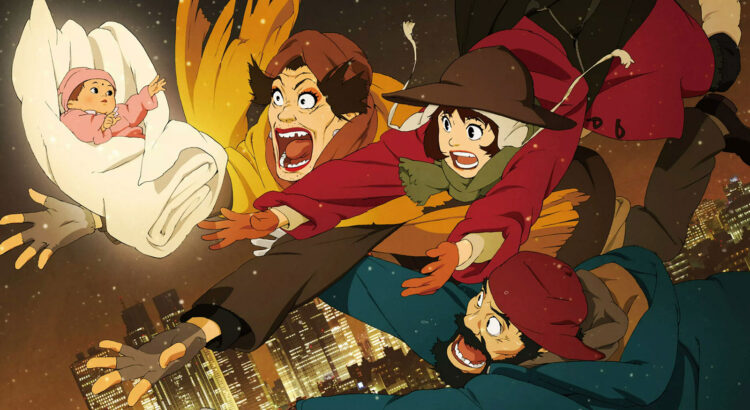I had no idea what to expect when going into the Plastic Bag Store. Literally. After seeing marketing for it, I had been asked to go and said yes to see what it was all about; I can very honestly say that it was not at all what I expected. The installation that is the Plastic Bag Store is a mix of art installation and immersive puppet play – unlike anything I had seen before.
 The installation, a grocery store filled with foods made entirely of plastic, was surreal to step into. The resemblance to any other grocery store was striking, and at first glance you wouldn’t think twice that that is exactly what it was. However, upon further inspection you will start to notice… the spinach is made of green plastic bags from Earthbag Farm. What you may have thought was a box of Lucky Charms cereal was actually Yucky Shards cereal with the mascot of a sea turtle holding a six-pack plastic soda ring. Right before you start getting used to it all is when the next phase of the event begins and you are asked to take your seat on the cardboard boxes that have been placed in the center of the store. Cue the puppet show.
The installation, a grocery store filled with foods made entirely of plastic, was surreal to step into. The resemblance to any other grocery store was striking, and at first glance you wouldn’t think twice that that is exactly what it was. However, upon further inspection you will start to notice… the spinach is made of green plastic bags from Earthbag Farm. What you may have thought was a box of Lucky Charms cereal was actually Yucky Shards cereal with the mascot of a sea turtle holding a six-pack plastic soda ring. Right before you start getting used to it all is when the next phase of the event begins and you are asked to take your seat on the cardboard boxes that have been placed in the center of the store. Cue the puppet show.
Artist Robin Frohardt specializes in her puppeteering art form and the medium shines in The Plastic Bag Store. A stunning and interactive story unfolds from the beginning of single use vases in Act I, to the modern day plastic bag in Act II. Act III of the play is held through the doors of the frozen food aisle and plastic snow is rained on you from above. The third and final part of the play takes place in the far off future and centers around a scientist finding relics of the past in all kinds of plastic held under the sea: plastic bags, tooth brushes, bottles, and straws. I won’t spoil the ending, but it is unnerving to say the least; to return to your world and realize that the grocery store full of plastic was not a far off recreation of our own world is eye-opening.
plastic bags, tooth brushes, bottles, and straws. I won’t spoil the ending, but it is unnerving to say the least; to return to your world and realize that the grocery store full of plastic was not a far off recreation of our own world is eye-opening.
While the art and storytelling was undoubtedly phenomenal, I found the message of the piece to be a bit lacking and even misinformed. There was little to no actual discussion on the harmful effect of plastic remains, just the plastic was to seemingly last forever on Earth and that was a bad thing (even coming to that conclusion feels like a stretch). The reality of the plastic issue is far more complex than this and I personally would’ve loved to see this expanded beyond the simplicity of plastic being bad. In a Q&A following the event, Frohardt mentioned that she intentionally did not want to sway the piece to say anything specific about the environmental issue, but instead wanted the piece to simply make the audience think and reflect on the consumerist world we live in today. I think in that sense, the exhibit is a success.











